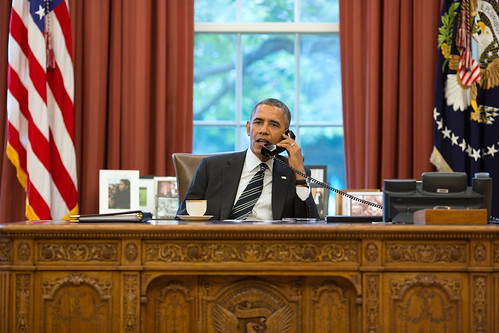
Opinions differ on the pivotal role of sanctions in opening the door to constructive engagement with Iran. Some, like Israel’s Prime Minister Benjamin Netanyahu in his recent speech to the United Nations General Assembly, believe Iran was able “to advance its nuclear weapons program behind a smoke screen of diplomatic engagement and very soothing rhetoric.” Other perhaps more clear-eyed observers interpret Iran’s opening gambit at the Geneva negotiations—a proposal to scale back its existing uranium-enrichment program and allow increased international monitoring—as strong evidence of the coercive—and containing—power of UN targeted sanctions,
which have been in place since 2006.
Setting aside decades-long bilateral tensions that bred deep resentments, radicalism, and successive layers of US sanctions, the twin interventions of UN-sanctions and P5+1 diplomacy may serve as a model for future non-military responses to complex geopolitical predicaments. This potential success is now evident in the counterweights that have been put on Geneva’s bargaining table: against the reduction, if not elimination of sanctions, the lead-negotiator for the P5+1, Lady Catherine Ashton, demands the reduction, if not elimination, of Iran’s nuclear program.




